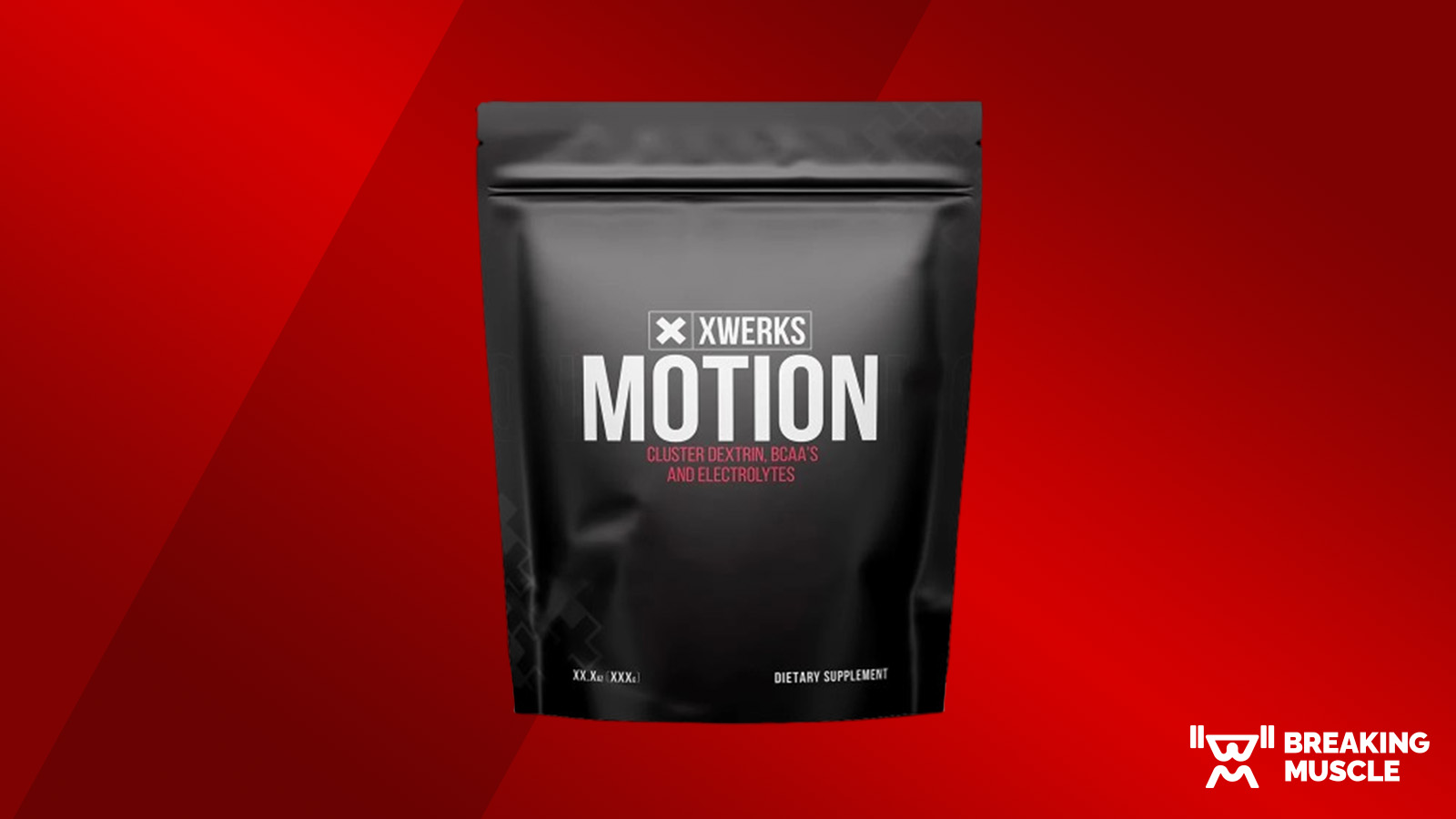Do you want a slow-digesting protein to maximise in a single day muscle protein synthesis? • Stronger by Science

Whenever you go purchasing for protein dietary supplements, you may in all probability encounter lots of gross sales copy that discusses the “velocity” of various proteins. “Quick” proteins are digested and absorbed shortly, resulting in a speedy rise and a excessive peak in plasma amino acid ranges, adopted by a (comparatively) fast decline in plasma amino acid ranges. “Gradual” proteins are digested and absorbed extra slowly, resulting in a extra gradual rise and decrease peak in plasma amino acid ranges, adopted by a slower decline.
The entire advertising and marketing materials will let you know that “quick” proteins, reminiscent of whey, are ultimate more often than not: the speedy digestion and excessive peak in blood amino acid ranges will stimulate better muscle protein synthesis. Conversely, the advertising and marketing materials will let you know that “gradual” proteins, reminiscent of casein, are ultimate to devour earlier than sleep. Since blood amino acid concentrations will stay elevated for an extended time period, slow-digesting proteins consumed earlier than mattress will preserve stimulating muscle progress all night time, making certain you by no means spend a single second in a web catabolic state.
Nonetheless, the analysis means that the primary declare is generally incorrect: whey does trigger the next peak in blood amino acid focus than casein, however regardless of that, whey and casein are equally efficient at stimulating muscle protein synthesis (one, two, three). In different phrases, whey is a faster-digesting protein than casein, however that benefit in digestion velocity does not truly end in better muscle protein synthesis.
I am certain you’ll be able to already inform the place I am going with this: a current research means that the claimed benefits of consuming a slower-digesting meals earlier than sleep are additionally overblown. Casein does elevate plasma amino acid ranges for an extended period than whey, however it does not do a greater job of stimulating muscle protein synthesis in a single day.
In a current randomized, placebo-controlled, double-blind research by Trommelen and colleagues, a pattern of wholesome, untrained males have been recruited to check the consequences of pre-sleep protein supplementation. You possibly can see extra particulars in regards to the topics under.

Topics have been randomly assigned to 3 teams. Topics in all three teams underwent some pre-assessment testing, together with a biking take a look at to evaluate topics’ maximal workload capability (wattage on the level of exhaustion throughout a progressive biking take a look at). Throughout their experimental session, topics reported to the lab at 5pm. At 5:30, they consumed a standardized dinner. Between 7:45 and eight:45, they accomplished a 60-minute biking protocol at 60% of their maximal workload, after which consumed a standardized carbohydrate beverage instantly after finishing the biking protocol. Lastly, topics consumed experimental drinks round 11:30, containing both a) 45g of whey protein (whey protein group), b) 45g of casein protein (casein group), or c) a non-caloric placebo (placebo group). After consuming their drinks, topics went to mattress (within the lab) round midnight, and have been woken up at 7am.
Blood amino acid ranges have been assessed by way of blood samples obtained from catheters that have been inserted into the themes’ antecubital veins. Muscle protein synthesis was assessed utilizing tracer amino acids, with muscle samples obtained by way of biopsies taken a) earlier than the themes consumed the experimental drinks, and b) when the themes have been woken the following morning. You possibly can see a visible illustration of the research design under.

In a single day blood amino acid concentrations adopted the sample you’d anticipate: there was the next peak within the group consuming whey protein, however blood amino acid ranges remained elevated for longer within the group consuming casein (resulting in related areas below the curve for in a single day elevations in blood amino acid ranges).

Nonetheless, the longer-lasting elevations in plasma amino acid ranges did not end in better muscle protein synthesis within the casein group. Myofibrillar and mitochondrial protein synthesis charges have been non-significantly better within the casein group than the placebo group, and non-significantly better within the whey group than the casein group (the distinction between the whey group and the placebo group was statistically important).

I needed to jot down about this research for a quite simple motive: I feel individuals are likely to make protein-related messages approach too difficult. We’re informed we have to fear about digestion velocity, what number of instances per day we devour protein, protein high quality, and the way near our exercises we devour protein, and so forth and so forth.
As time has gone on, it is showing that the majority of these concerns solely matter on the extremes. This text discusses digestion velocity (slower- and faster-digesting proteins find yourself having related results), however the identical typically applies to the frequency of protein consumption, protein high quality (one, two), and protein timing. For most individuals, more often than not, whole protein consumption is the one factor you actually need to fret about.
To be clear, you’ll be able to concoct situations the place a few of these different concerns would grow to be related. As an illustration, protein high quality might grow to be a priority in the event you received all of your protein within the type of collagen, which has very low ranges of most important amino acids (and utterly lacks tryptophan). However, in the event you devour a more-or-less regular weight loss program, you in all probability need not fear about it. Equally, in the event you took protein consumption frequency to the intense, you could possibly make a particularly persuasive case that consuming your entire weekly protein in a single meal would not be ultimate. However, in the event you devour a more-or-less regular weight loss program with no less than 2-3 protein feedings per day, you in all probability need not fear about it.
Circling again to the subject of this text, pre-sleep protein feeding has gotten a good quantity of analysis consideration, however I suspect it is one other element that in the end does not matter an excessive amount of. The analysis on pre-sleep protein consumption has findings that mirror the outcomes of the current research: pre-sleep protein consumption does enhance in a single day protein synthesis. So, over time, consuming a bolus of protein earlier than mattress ought to end in extra whole protein synthesis over time, and thus, better muscle progress…or so the considering goes. Nonetheless, all the different protein-related particulars are supported by this identical form of logic. Consuming protein instantly after a exercise results in better muscle protein synthesis post-workout, so it ought to end in extra muscle progress over time…however it does not. You possibly can stimulate a brand new spike in muscle protein synthesis each 3-4 hours, so consuming extra steadily (with 3-4 hours between meals) ought to end in better whole muscle protein synthesis, and thus better muscle progress over time, than sticking with a typical meal sample (with 5-7 hours between meals)…however it does not.
Principally, I feel there is a tendency to attract a straight line between muscle protein synthesis and muscle progress. However, as we have beforehand mentioned on the podcast, there are fairly just a few assumptions baked into that chain of logic that are not at all times right.
So, simply to wrap up this analysis highlight, in the event you do need to take a better-safe-than-sorry strategy to protein consumption, and so that you do need to devour a protein bolus proper earlier than mattress, you in all probability need not fear about selecting a slow-digesting protein supply. Nonetheless, I additionally suspect that you do not actually need to fret about consuming protein instantly earlier than mattress within the first place – so long as your whole protein consumption is enough, and you’ve got no less than 2-3 sizable protein feedings per day, you have to be in good condition.
Supply hyperlink




